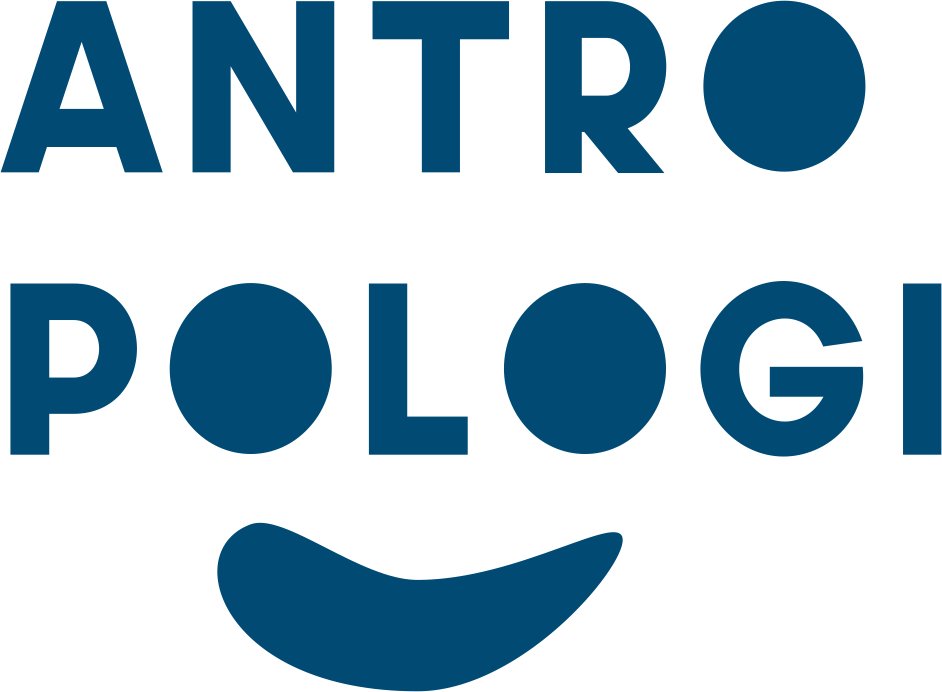Vision
The implementation of S1 Education in the field of cultural anthropology that produces superior and innovative graduates, and produces cutting-edge research with ethnographic approaches that reflect the values of cultural diversity and national insight, as well as organizing community empowerment activities that serve the interests of the nation and humanity based on Pancasila
The Mission of the
- Organizing a bachelor's education in cultural anthropology that answers the public's need to have experts in the field of culture.
- Conducting cultural research with an ethnographic approach that explores, enriches, understanding of the values of cultural diversity and national insight,
- Carrying out services that empower the community and contribute to the development, humanity, and resolution of various national problems,
- Development of cooperation with various partners at home and abroad as a support for the implementation of education, research, and community service.
The purpose of
- Produce the best undergraduate graduates in anthropology so that they are able to work in as researchers in the field of culture.
- Produce graduates who have the ability to become a prakisi in the field of cultural development.
Target
- Each year the study program accommodates as many as 50-60 students.
- Each year the study program graduates as many as 50-60 students.
- Each student has reliable knowledge and skills in conducting ethno research.
- 50 percent of students have internship experience and research cooperation to develop knowledge in government institutions, and partner colleges.
Goal Achievement Strategy
In order to realize the vision, mission, and goals, the Anthropology S1 Study Program launched several strategies, namely:
- Develop a research-based curriculum.
- Develop a curriculum based on the needs of students to develop studies and research that suits the challenges and needs of the work.
- Collaborate with universities around the world to organize seminars, student exchanges, and collaborative research.
- Cooperate with government agencies, private and organizations. civil society to open access students to interns and conduct research
Evaluation
- Every month together with the department conducts a meeting monev about the process of organizing education. Monev's results are used for the development of the curriculum going forward, and addressing various small problems in the implementation of monthly lectures.
- Every year monev is entrusted for the improvement of the teaching book module.
- Every year an evaluation of grades and graduates is carried out for improvement of the quality of lectures, and
- Annually follow the Internal Quality Audit (AMI). AMI results for the improvement of curriculum implementation next year.
- Each semester is evaluated on thesis writing guidance and internship activities.
- Every five years, the study program follows accreditation and is used for the agenda of enhancing the performance of the study program and curriculum overhaul.
Graduate profile
- Since its establishment in 1964, anthropology has graduated more than 2,750 scholars.
- Some graduates have internship experience and participate in research together with researchers from outside the region and abroad.
- Generally graduates work as researchers in government institutions, business or private sector institutions, donor agencies, and NGOs.
- Before obtaining a permanent job, graduates in the first and second years are required by research institutions to become research assistants.
- Starting in 1994 many graduates continued their studies at home and abroad.
